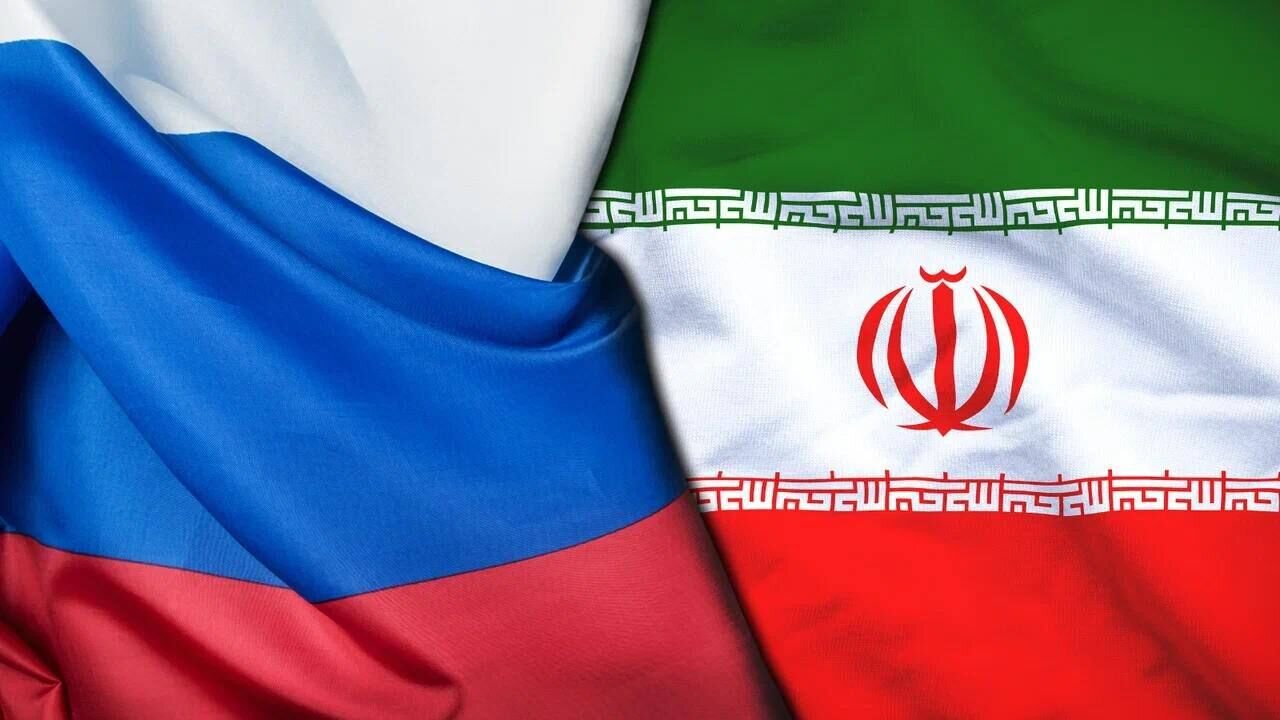Iran-Russia comprehensive agreement: outcomes and implications

TEHRAN - President Masoud Pezeshkian arrived in Russia's capital Moscow on Friday, January 17, to strengthen ties between the two regional powers. His visit marks the beginning of an official strategic partnership with President Vladimir Putin, focusing on boosting bilateral cooperation in energy, economy, and technology sectors.
Notably, they are expected to sign a comprehensive agreement that will encompass various fields, including finance, energy, and trade, with a strong emphasis on circumventing Western sanctions. The discussions aim to enhance economic connectivity and foster long-term collaboration between the two nations.
The comprehensive Iran-Russia cooperation agreement represents a significant milestone in bilateral economic relations. The agreement emphasizes collaboration in key areas such as trade, energy, and infrastructure development. It modernizes a 2001 treaty to reflect the evolving geopolitical and economic environment.
Key economic initiatives include the International North-South Transport Corridor (INSTC), which will connect Iran, Russia, and other regions, reducing costs and trade routes significantly. The agreement also envisions increased bilateral trade and investments, supported by measures to integrate financial systems and bypass Western sanctions through alternative payment mechanisms.
Trade expansion and regional impact
Iran-Russia annual trade grew by 15 percent last year, with this agreement aiming to accelerate the trend. Russia sees Iran as a critical partner in countering Western hegemony and promoting a multipolar world order. For Iran, the partnership provides access to advanced technologies in sectors like nanotechnology, aerospace, and AI.
Implications for the region and beyond
The agreement's emphasis on energy cooperation aligns with Iran's position as a significant gas producer and Russia's status as a global energy powerhouse. Joint projects, such as the transfer of Russian gas through Iran, will enhance energy security for both nations and neighboring regions. Additionally, this partnership challenges U.S. sanctions and could influence global energy markets.
By strengthening ties within frameworks like BRICS, the Shanghai Cooperation Organization, and the Eurasian Economic Union, the agreement bolsters regional integration. It sets a precedent for partnerships among emerging powers seeking to challenge the unipolar dominance of the West.
In summary, the Iran-Russia agreement deepens economic ties, supports mutual interests in countering sanctions, and enhances their influence in shaping a multipolar global order. It also promises economic benefits for both nations and broader regional stability.
EF/
